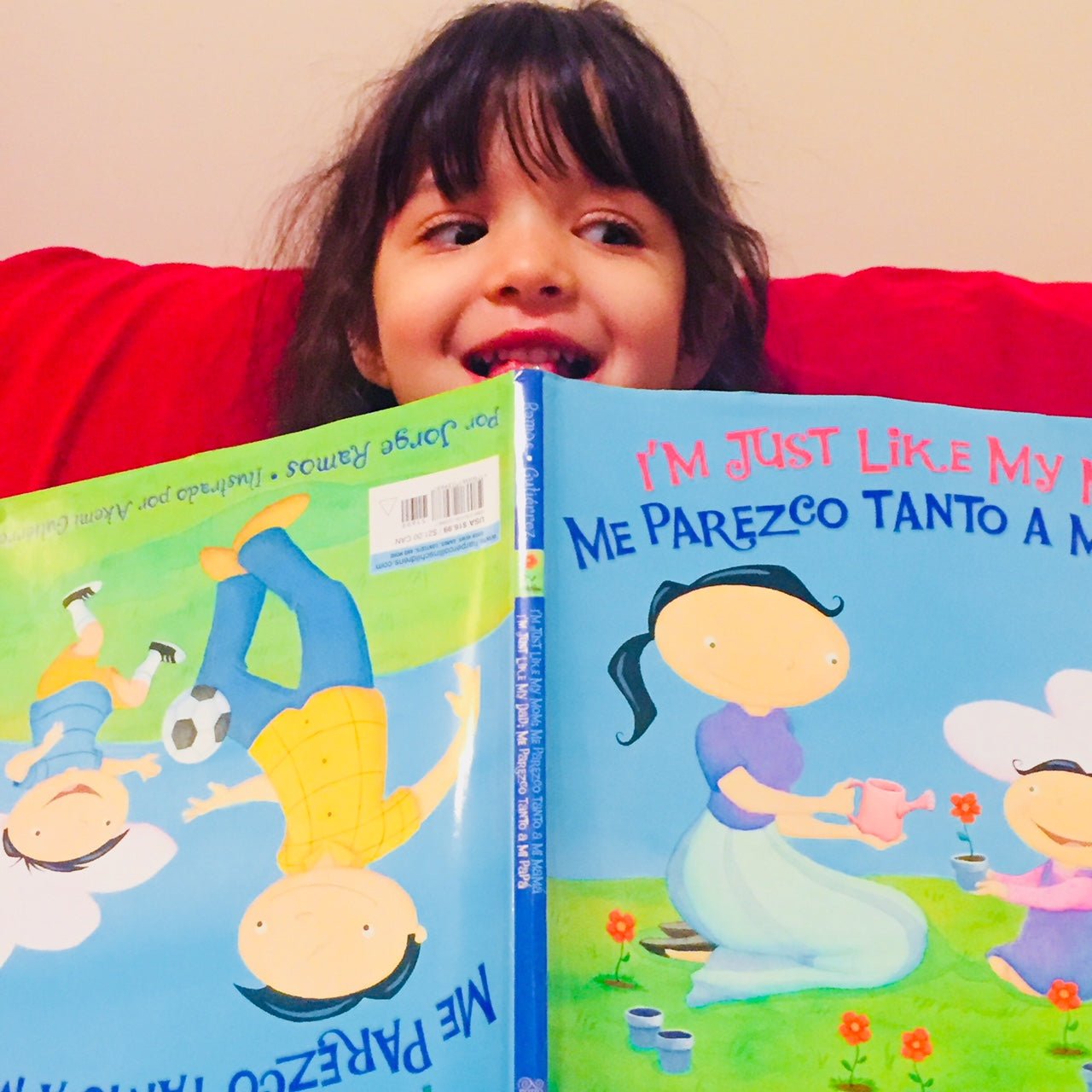
I grew up speaking Spanish at home and English at school. My parents spoke only Spanish with us, even though my father was bilingual. My siblings and I spoke English every opportunity we got, much to our parents displeasure. We hated speaking Spanish. To us it was simply a way of communicating with our family. It wasn't until years later that I truly appreciated the effort my parents put forth making sure we were able to speak, read, and write Español.

Fast forward many years and a toddler later, I too am doing my very best to raise a bilingual daughter. Though I think in my particular circumstance it's more difficult as my daughter is being exposed to 3 languages, Spanish, Bulgarian, and English, and because the common language is English, that has become the 1st language in our home. There are many benefits and challenges for parents raising bilingual children and wanted to share with you my findings and my personal experiences.

It is my hope that your take away from this blog is that you put forth the effort, like my parents did for me, for your child's benefit. This will be worth all of your time and investment and I promise you, they will thank you in the future.

What Science and Research Have to Say About the Bilingual Brain
Increased Attentive Focus and Cognition (Thinking)
According to a research study performed by Bialystok, Kaushanskaya & Marian, of "children who had five to ten years of bilingual exposure, found that they averaged higher scores in cognitive performance on tests and had greater attention focus, distraction resistance,decision making judgment and responsiveness to feedback. The correlated neuroimaging (fMRI scans) of these children revealed greater activity in the prefrontal cortex networks directing these and other executive functions." This is great! Harvard, here we come.

Adapt Easily to Their Environments
Viorica Marian, Ph.D., andAnthony Shook "Bilingual children as young as seven months can better adjust to environmental changes, while bilingual seniors can experience less cognitive decline." According to Kovacs, A. M., & Mehler, J. (2009), "in one study, researchers taught babies growing up in monolingual or bilingual homes that when they heard a tinkling sound, a puppet appeared on one side of a screen. Halfway through the study, the puppet began appearing on the opposite side of the screen. In order to get a reward, the infants had to adjust the rule they’d learned; only the bilingual babies were able to successfully learn the new rule". Yes, smarter!

I strongly believe that babies exposed to books, reading, songs in another language have a huge impact in their development. I started reading to my daughter when she was 4 months old, I'd read as many as 20 books at one sitting. By the time she was about a year, she could identify about 30 different books both in English and in Spanish. #proudmama

What Linguistic Experts Have to Say
So how do we start teaching our children two languages?
According to the Linguistic Society of America, "the main thing to keep in mind is that parents don't really "teach" children to speak, any more than they teach them to walk or smile. The most important things in language development are exposure and need. If children are exposed to a language in a variety of circumstances with many different people from the time they are born, and if they feel they need the language to interact with the world around them, they will learn it. If they are exposed to two languages in varied circumstances with different people from the moment they are born, and if they need both languages to communicate with the people around them, they will learn both."

It is not enough to have them watch tv en Español. We need to expose them to people, environments and situations where Spanish is spoken and heard in real life. I recently took a trip to Texas to visit my family. They all prefer to speak in Spanish so for 5 days my daughter was only exposed to Spanish. During the last day at the mall she was having so much fun, she blurted, "Mami, Que Chevere!" an expression she heard from my niece.
Would it be better to start teaching the second language after children have a good start on the first?
"No, definitely not, especially in the bilingual home situation where the second language is likely to seem "less important" to the children anyway. Introducing the second language later is just about guaranteed to make them think it's less important and not worth the effort." Linguistic Society of America.

My Experience Being a Bilingual Parent
First, I can't tell you enough how much being fluent in Spanish has helped me in my career over the years. Having traveled overseas to China for many years, to Europe, and Central and South America I have found that many countries also speak Spanish. (bottom right in Hong Kong) So when English was not spoken I found myself communicating in Español. Knowing Spanish has also helped me land more jobs and business opportunities. Research says that being bilingual only gives you an added 3% additional income every year, but when compounded can add up to 70K extra in your retirement account. Not too bad!

Now as far as my daughter is concerned, I try to expose her to as much Spanish as I can. I've FORCED myself to speak to her in Spanish and when I speak to her in English, I immediately repeat what I tell her in Spanish. I read to her in Spanish, she watches shows and movies like Moana only in Spanish, we Skype with my family almost every day, we pray in Spanish everyday, and we do Mi LegaSi activities in Spanish.

The results, she's almost 3: She prefers to speak in English because it comes more naturally, however she understands Spanish 100%. She can formulate thoughts in Spanish but cannot formulate a full sentence as she does in English. She can count to 20 in Spanish, knows most of her letters in Spanish, and some colors. She also speaks with a bit of an American accent, not sure if that'll go away as she grows older.
Bottom line, if you want your child to benefit from being bilingual, it's up to YOU to make the changes. Their brains are like sponges and they will learn but they need to be exposed. Good luck padres! For more information about Mi LegaSi and how it can empower you as a Latino or multicultural parent raising bilingual kids, visit our FAQ/How it Works.







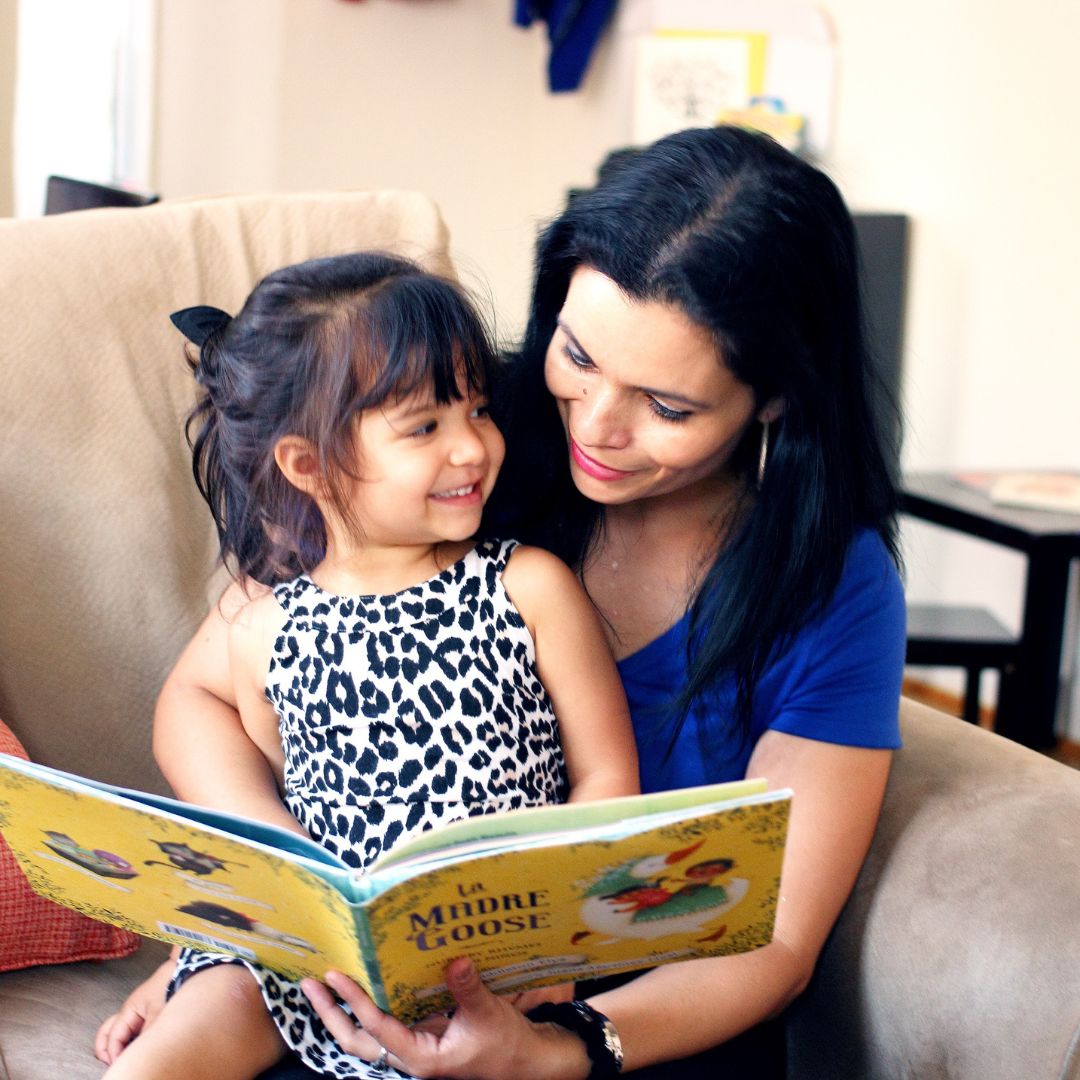





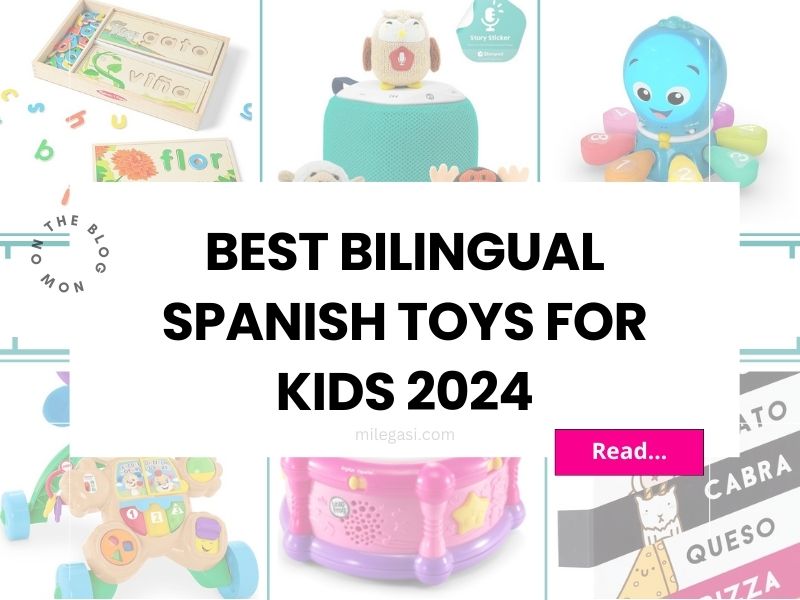

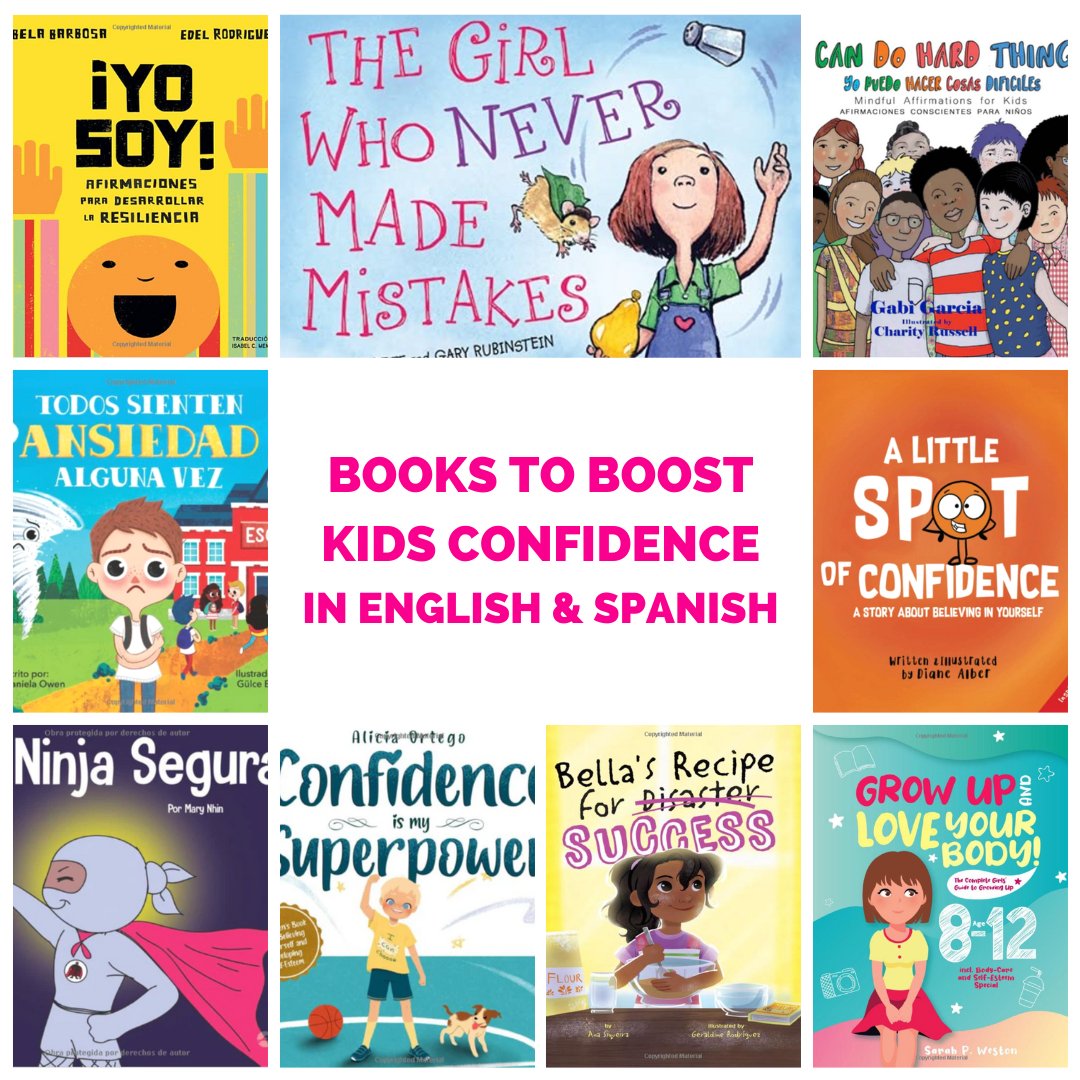
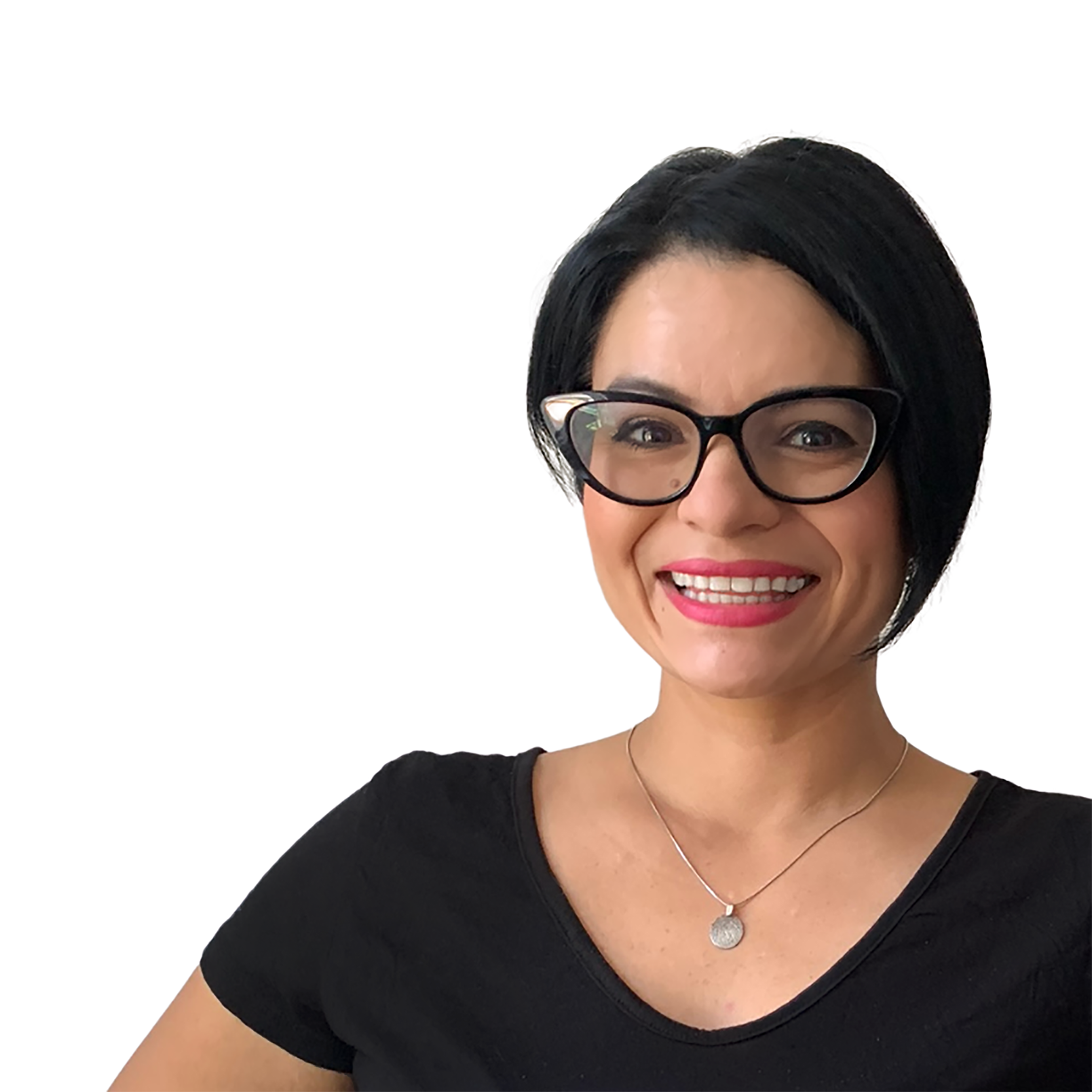
Dejar un comentario